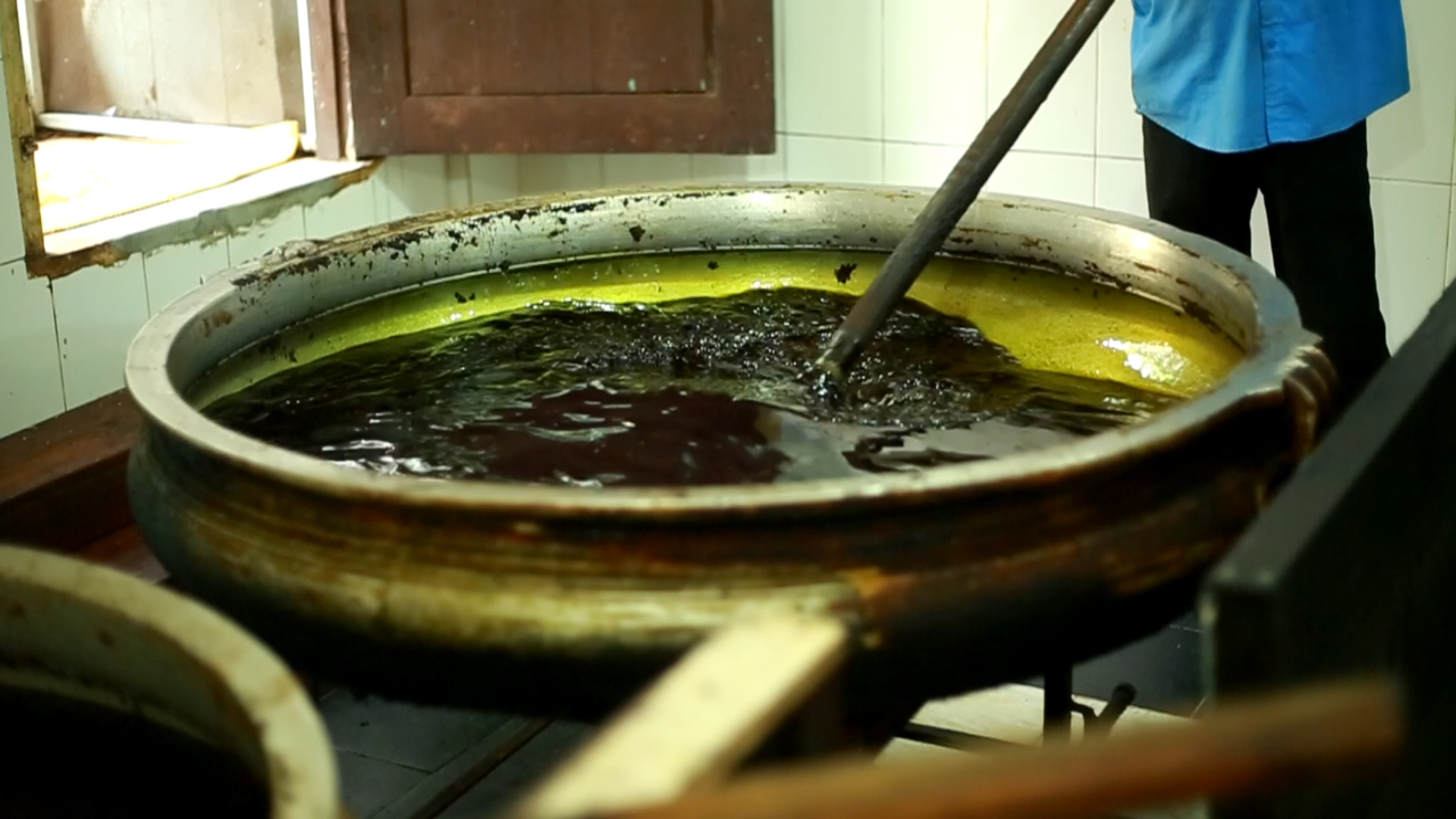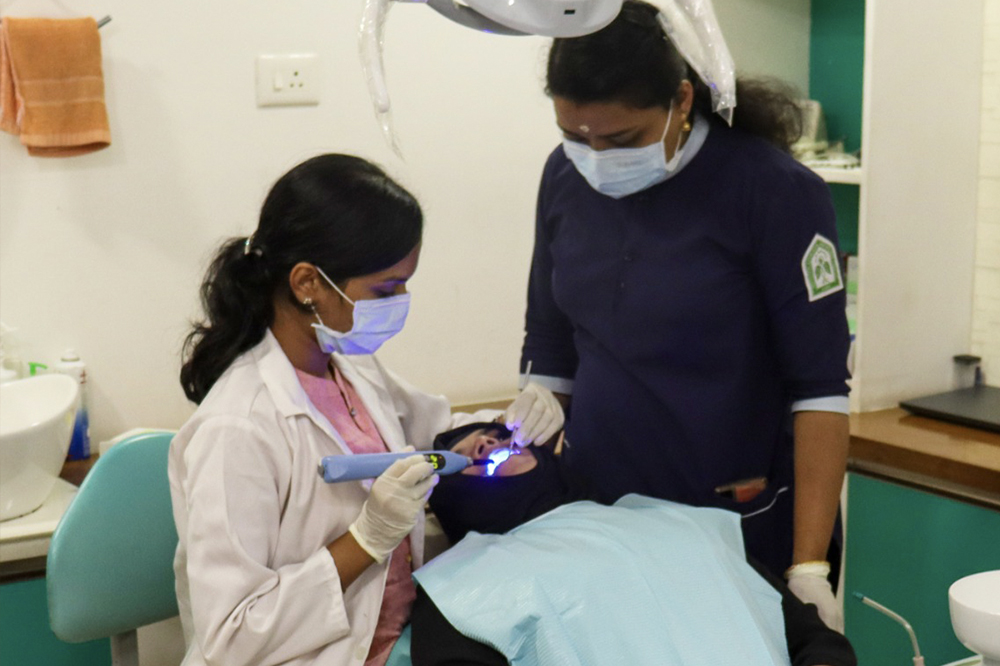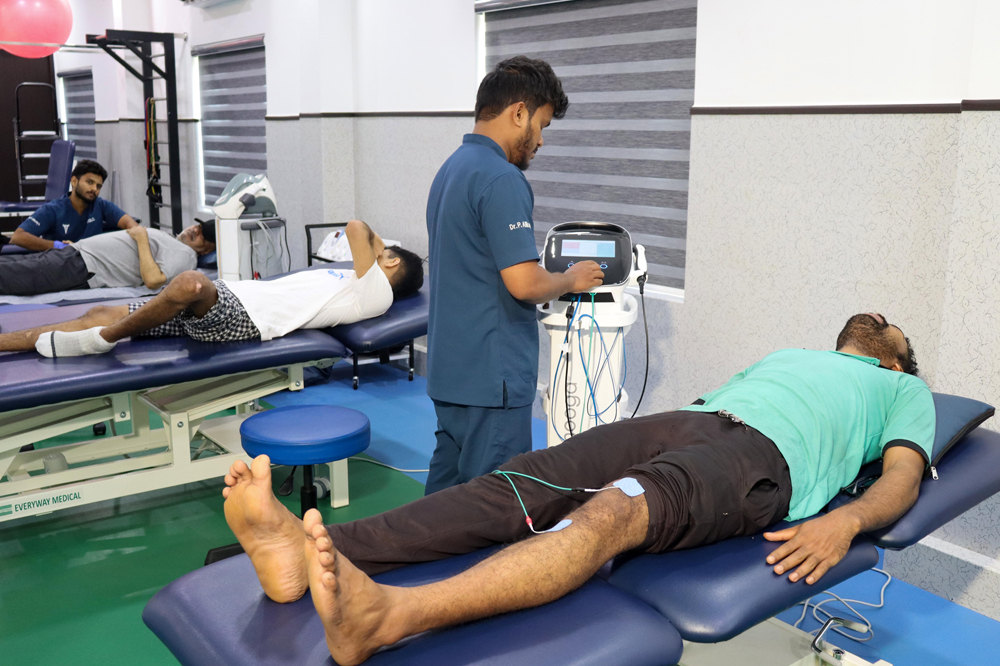Rasa Chikitsa: The Ayurvedic Art of Healing with Bhasma
Bhasma is a special type of medicine in Ayurveda, the ancient system of medicine from India. It is made from metals, minerals or animal products that are purified and incinerated to get a fine powder. Bhasma has many benefits for health and can cure some diseases that are hard to treat by other means. But bhasma also has some risks and precautions that you should know before taking it. Here are some common questions and answers about bhasma that can help you understand it better.
What is bhasma and how is it prepared?
Bhasma means ash or residue, and it indicates the fine powder obtained after the incineration process of metals, minerals or animal products. Bhasma is prepared by following the proper procedures of purification, detoxification, incineration and testing as prescribed in the classical texts of Ayurveda. Bhasma contains nano and colloidal particles of metals or minerals that have high potency, bioavailability and therapeutic efficacy.
Bhasma is used in Ayurveda for various purposes, such as:
Treating diseases that are difficult to cure with herbal medicines alone
Added to herbal medicines to enhance its potency and efficacy.
Promoting longevity and immunity by nourishing the tissues and organs
How are Bhasma Classified and Used?
Bhasma are classified into different categories based on their source, color, taste, potency, and therapeutic action. Some examples of bhasma are:
Swarna Bhasma: Bhasma of pure Gold and it is a powerful rejuvenative medicine. It can treat chronic infections, skin diseases, digestive disorders, sexual problems, asthma, etc. It can also enhance the immunity, strength, vitality, intelligence and memory of the body and mind.
Mouktika Bhasma: Bhasma prepared from Pearls and it is a cooling, soothing, nourishing and anti-inflammatory agent. It can treat acidity, burning sensation, ulcers, bleeding disorders, eye diseases, etc. It can also improve the complexion, glow and beauty of the skin.
Yashada Bhasma: Bhasma of Zinc. Used in treating diabetes, urinary disorders, infections, wounds, etc. Helps to prevent the complications of diabetes such as neuropathy, retinopathy and nephropathy.
Lauha Bhasma: Bhasma of Iron. Used in treating anemia, obesity, weakness, fatigue, etc. It can also increase the hemoglobin level, appetite, digestion and metabolism of the body.
Safety aspects to consider before taking bhasma:
Bhasma should be prescribed by a competent physician according to the patient's condition, constitution, age, season, etc.
Bhasma must be taken in the proper dose, duration, frequency and time.
Strictly do not self-medicate any bhasma, it may cause liver/renal failures if improperly used.
Bhasma can treat some difficult diseases that are not easily cured by other medicines, such as:
Skin diseases like leprosy, eczema, psoriasis, etc.
Digestive ailments like ulcers, colitis, piles, etc.
Sexual disorders like impotence, infertility, etc.
Respiratory diseases like asthma, bronchitis, tuberculosis, etc.
Infectious diseases like typhoid, malaria, etc.
Disclaimer: This content is for educational/informational purposes only. Always consult with a healthcare professional before considering any new treatment options.
Connect with us today for expert guidance to treat your concerns with safety and efficacy.
 en
en
 العربية
العربية









